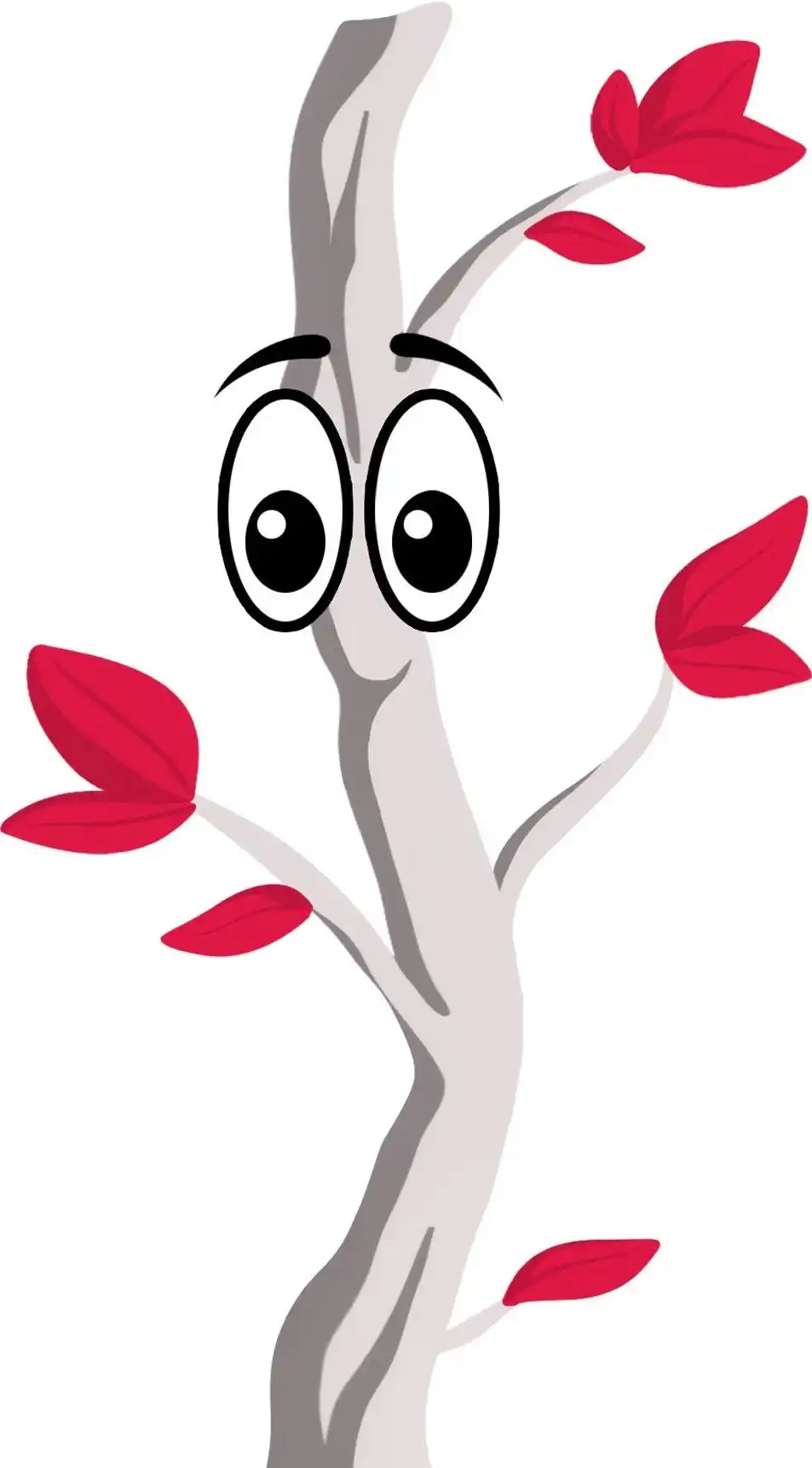Have you ever connected with a specific brand in a deep and authentic way? Well, most successful brands know the secret to standing out from the crowd is to develop an emotional connection with their customers.
For that to happen, brands implement specific archetypes as part of their brand personality in their overall outlook. In this post, we look at the common archetypes successful businesses use and how they benefit from them.
What are Brand Archetypes?
A brand archetype refers to a series of brand personality types derived from various human values and desires. The term originated from psychologist Carl Jung who believed that humans related better to specific personas and forms of nature.
In business, brands use archetypes in their mission, vision, and values to build an emotional connection with their target audience. Here are 12 archetypes big brands use today to create brand personas that appeal to their customers:
The Innocent
Brands using the innocent archetype exhibit honesty, optimism, and happiness. They avoid ill will towards others, focus more on the fun and wondrous aspects of life, and try to spread the same feeling to their customers.
The Sage
Brands in the sage archetype focus on wisdom and knowledge as lifelong virtues. They aim to change the world by empowering audiences through collecting and sharing valuable information. These brands often make great industry leaders and mentors.
The Creator
Creator brand archetypes have the desire to create products and experiences that provide value to customers. They aren’t afraid to push boundaries in terms of creativity and design and empower others to do so too.
The Jester
Brands under the jester archetype believe in deriving joy and humour from every situation and aren’t afraid to sound mischievous in the process.
The Magician
Magician brands are visionary and spiritual. They focus on turning dreams into real-life experiences and like to amaze their audiences through unique and mystical experiences. They also value knowledge and prefer to share it with the world.
The Ruler
Ruler archetype brands are dominant and like to seek power and control. They enjoy setting rules and expect audiences to adhere to them. Ruler brands are also trustworthy and able leaders.
The Lover
Lover archetype brands are romantic, passionate, and committed. They get motivated by creating intimate moments and are empathetic to their audience’s needs. They’re also companionable, spiritual and family oriented.
The Rebel
The outlaw archetype seeks to go against the norm and challenge the existing rules and status quo. They aren’t afraid to change paradigms and pride themselves as free thinkers. For this reason, rebels only appeal to a section of the market.
The Everyman
Everyman archetype brands seek to fit into society in every aspect. They’re approachable, supportive, and relatable but can also be easily forgotten due to their neutrality.
The Caregiver
Caregivers are compassionate and have the desire to help others. They nurture and defend the less fortunate and are concerned about their well-being.
The Hero
Hero brand archetypes are courageous, bold, and inspirational. They’re trailblazers in terms of fighting for justice and equality and revel in doing the hard work to achieve their goals.
The Explorer
Explorer brands find thrill and inspiration in exploring new things. They’re driven by a desire for freedom and independence, pushing them into taking unknown risks and challenges.
Why are Brand Archetypes Important?
Brand archetypes help businesses determine the human traits and values that reflect their brand personality. This helps create deeper connections with their customers and audiences based on emotional interactions.
As a result, such brands are usually an attractive force in the market since audiences are enticed or pulled towards them. They also have better brand perception and a stronger and more loyal consumer base.
Examples of Brands and Their Archetypes
The following is a list of popular brands today and the archetypes they use:
- The innocent – Dove, McDonald, Volkswagen, Coca-Cola
- The Sage – Google, Discovery, BBC
- The Creator – Apple, Adobe, Lego
- The Jester – Budweiser, Paddy Power, Skittles
- The Magician – Disney, TUI, Dyson Polaroid,
- The Ruler – Microsoft, Rolex, Hugo Boss
- Lover – Victoria’s Secret, Chanel, Alfa Romeo,
- Rebel – Red bull, Diesel, Uber
- Everyman – Ford, Tesco, Levis
- Caregiver – Unicef, Johnson & Johnson, Pampers
- The Hero – Nike, BMW, Adidas
- The Explorer – NASA, National Geographic, Jeep
Let Oracle Tree Help You Find the Right Brand Archetype
Need help finding a brand archetype for your small business? Contact our team of branding experts to find the brand archetype that works best for your small business.
Want More Like This?
Why Brand Voice Matters and Tips on How To Develop It
Niche Marketing: How To Effectively Reach Your Target Audience
Find the Ideal Niche Market For your Business









